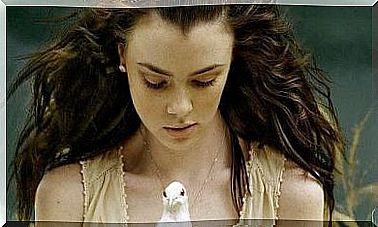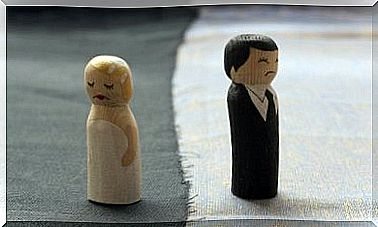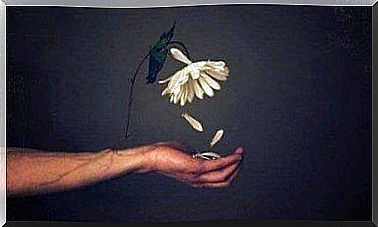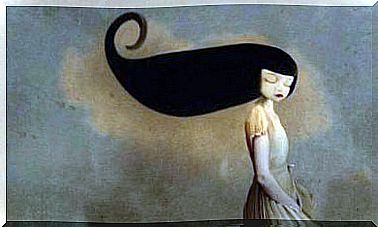What Exactly Is Natural Selection?
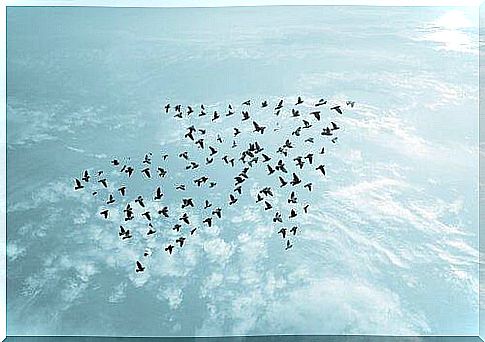
We have all learned, or at least heard, about Darwin’s theory of evolution. But do we really know what evolution means? If we ask the majority of the population about evolution, we will probably encounter answers such as: “The strongest survives”, “Natural selection is too expensive, and technology allows us to avoid it”.
Other answers could be: “It’s the theory that humans come from apes”, or “Evolution is when species adapt or evolve”.
The above statements are full of errors that show that only a small part of the population really understands what natural selection is all about. The central idea of Darwinism is that species survive if they adapt to their environment and those that do not disappear.
But what does it mean to “adapt”? It refers to a species’ ability to reproduce and ensure the survival of its offspring in a particular ecosystem.
Many myths and misinterpretations of misunderstandings of this central idea have arisen. In this article we will look at the most common. We will talk about and compare: (a) natural selection as a linear process, (b) the changing adaptation of a species, and (c) natural selection as a struggle against everything.
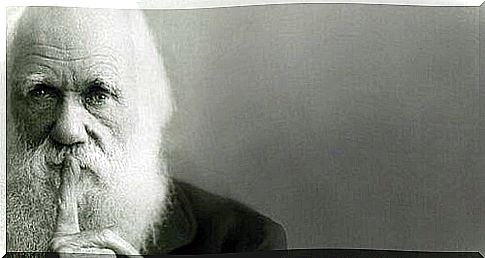
Natural selection as a linear process
One of the most common misconceptions is to see Darwinism as a linear evolution of species, whose species change from generation to generation. This is not how evolution works. This error may come from explaining human evolution as a sequence of different apes.
When it comes to understanding natural selection, the metaphor of a sieve is more complete. Many stones are thrown into the filter, but only those with the right size come through. The rest are rejected.
Over time, these stones, as well as other new stones, are thrown into a new sieve, where the right ones are again selected. That way, there are some stones that stay while others disappear.
Humans and all other living beings act as the stones that are selected in the sieve. The creatures that do not adapt to the changing context disappear or have to search for other environments. During this process, the species mutate and change.
An important nuance is that the context changes over time. A species that adapted in the past may not be able to adapt in the future, and so on.
A species’ changing adaptation
One of the most widespread and misleading ideas is: “Man is the most adapted animal on the planet” and “We are at the top of the evolutionary pyramid”. If we look at the definition of adaptation, we see that it consists of survival and offspring that survive. In short, adaptation means maintaining the existence of a species.
Thus we can deduce that all living species have also adapted. It’s about whether you exist or not.
In addition, many will refer to the great achievements of man or our high intellect to distinguish us from other living beings. Just as the cat has used its claws to survive, man has used his intellect. Each species has different qualities that help them survive.
It is true that man has built complex societies to achieve this, while a bacterium only does so with its resilience and ability to reproduce. On the other hand, we can see the human being as a student who has a hard time at school, while bacteria are the students who just show up for exams and pass. Both just end up with the same result in the end.
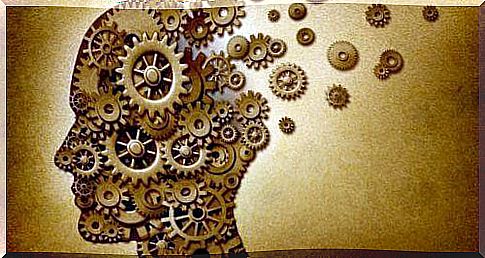
Natural selection as a fight against everything
Finally, we will talk about the myth that says that natural selection is a struggle for survival, or that only the strongest survive.
Do not forget that those who survive are those who adapt to their surroundings. If the context benefits those who attack, it is they who survive. But if the context benefits those who flee, it is they who survive.
Hobbes has said that “man is wolf to man”. He believed that humans are ruthless and selfish by nature, and fight against other humans.
But it is only necessary to look at the principles of natural selection and observe nature, to understand that it is meaningless. Humans, and the vast majority of all species, have been able to survive thanks to mutual support.
The ability to live in cooperating communities or flocks provides greater opportunities to meet the challenges of the environment. However, this does not mean that violence and competition do not exist. In many situations, this has been shown as survival behavior.
But we must keep in mind that struggle is not the primary thing in natural selection. Both struggle and cooperation are part of the species’ repertoire against the challenges that surroundings may present us with.



